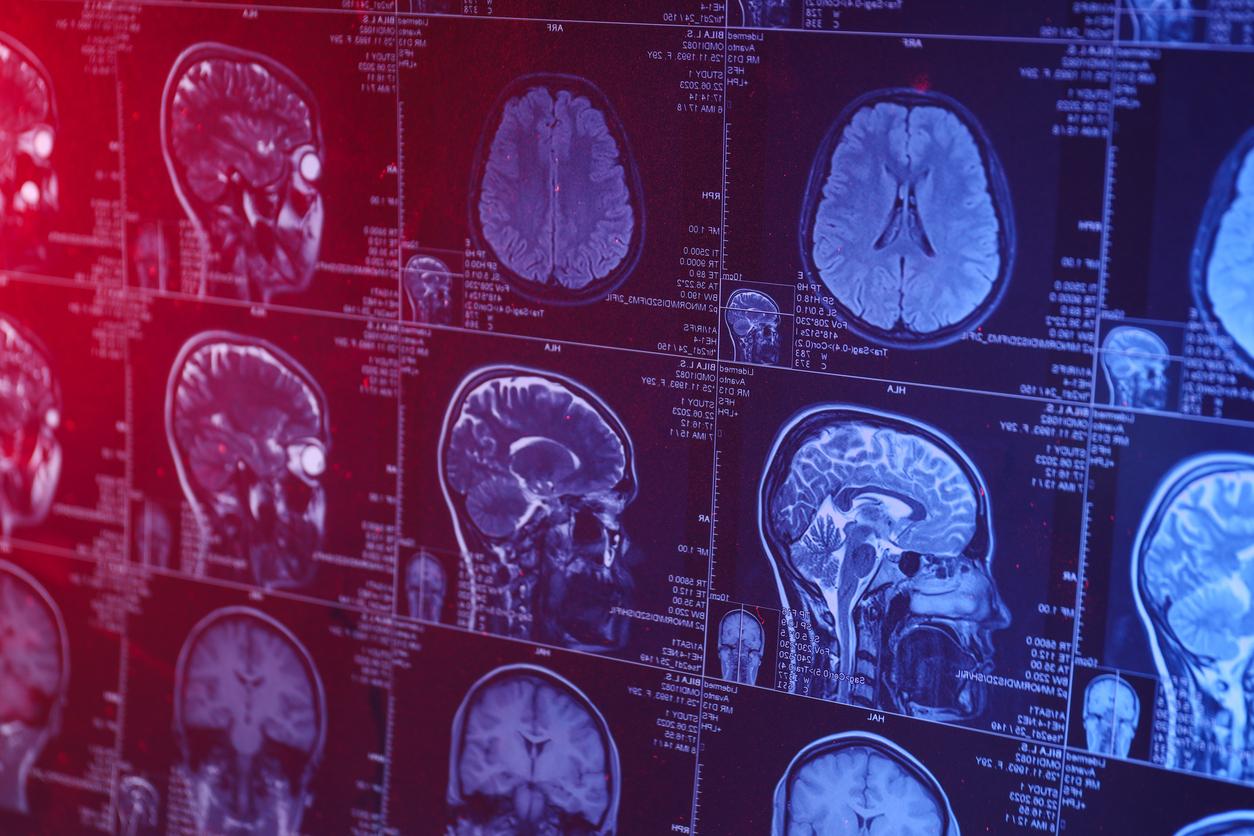The French Sleep Research Society (SFRMS) alerts health professionals and public authorities to Restless Legs Syndrome (SJR). This neurological disease, which manifests itself in the need to move the lower limbs especially at night, affects up to 15% of the world population and 8% in France. As this pathology is poorly diagnosed, the majority of patients are not treated properly.
Restless legs syndrome: a disabling disease
Called “impatience in the legs” or “impatience at night” and recently renamed Willis-Ekbom Disease, Restless Legs Syndrome is manifested by the need to move the lower limbs, the most often associated with unpleasant sensations, sometimes painful, occurring at rest and mainly in the evening. “This irrepressible need to move the legs, which disrupts sleep, is a real pathology, the pathophysiology of which involves the central dopaminergic pathways. Its impact is important on a daily basis for patients and it affects their quality of life ”, explains Dr. Laurène Leclair-Visonneau, neurologist in charge of the Sleep Center at Nantes University Hospital, during a round table.
A poorly understood disease
Restless Legs Syndrome is still often overlooked and underdiagnosed, recalls the French Society for Research on Sleep, which results in poor management of this pathology.
Customize support
A true personalized diagnosis must be established in order to be able to administer one of the three treatments currently having a marketing authorization (MA). Since these dopamine agonists act on the nervous system, their mode of administration must necessarily be personalized and adapted to the profile of each patient. This personalization is carried out according to three criteria: the type of treatment, the schedule of intake and the dosage. Despite their effectiveness, they are not reimbursed by social security.
“The medical profession and the patients do not understand the non-reimbursement of treatments for this indication which poses a real problem of access to care, even though their effectiveness has been proven  », recalls Prof. Yves Dauvilliers, neurologist in charge of the National Reference Center Narcolepsy Hypersomnia and the medical team for Sleep and Waking Disorders at the University Hospital of Montpellier.
Read also:
Restless legs syndrome: a new technique to calm symptoms
Restless legs: 7 natural tips to relieve them
Restless legs: we can relieve them

















